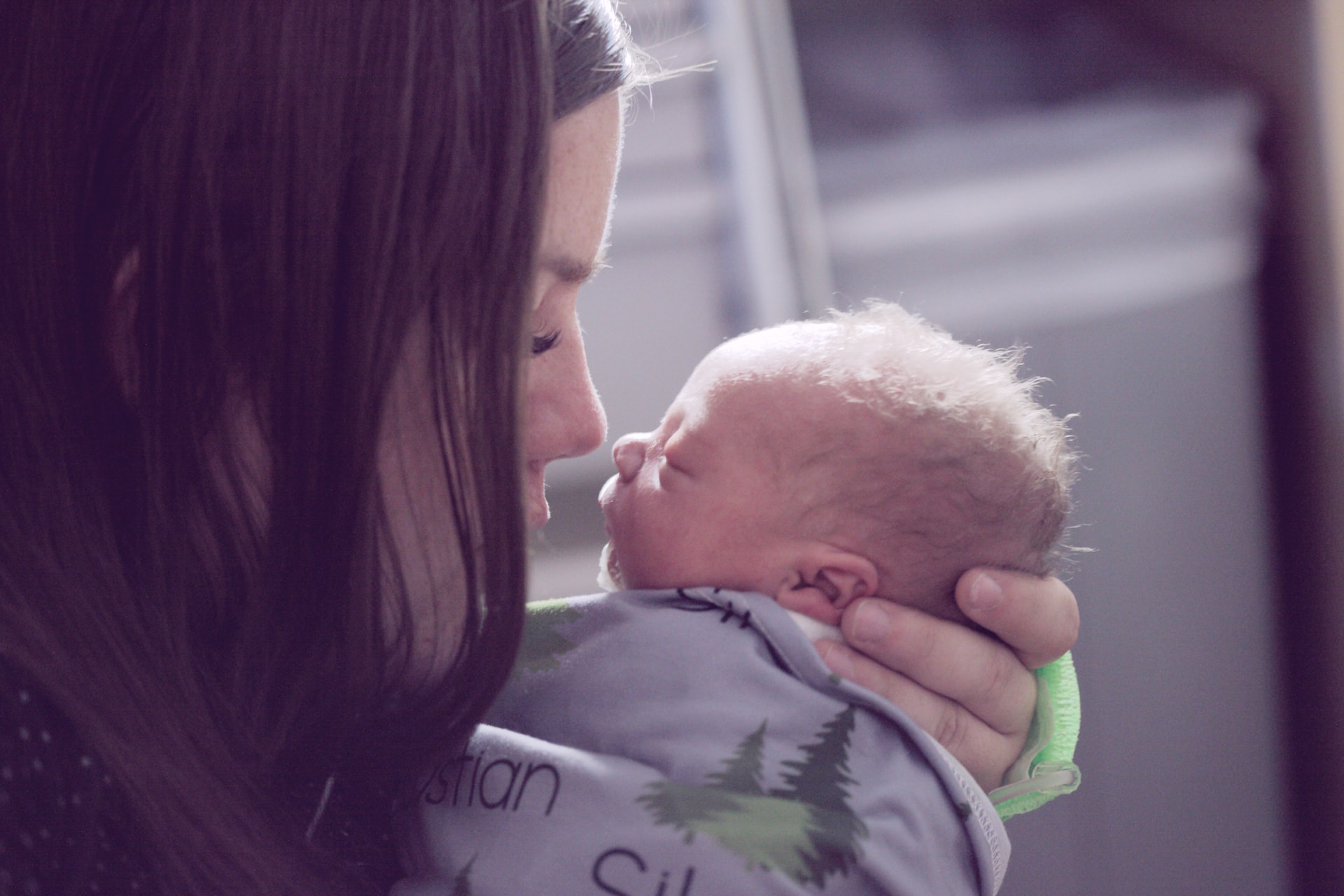By Ashley Barnes
What is postpartum depression?
If you are a mother experiencing postpartum depression, you are not alone. In fact, approximately 1 in 7 women experience PDD (GUNHS, 2021). According to the American Psychological Association (APA), postpartum depression (PPD) is a mood disorder that can appear days or months after a woman gives birth, with symptoms lasting longer than two weeks (2022). The severity of symptoms and their prolonged nature (lasting more than two weeks) distinguishes PDD from the “baby blues.”
The mood disorder can affect any woman regardless of the course of pregnancy, those who are first-time mothers or have had children before, and regardless of race or ethnicity, income, culture or education, and age. However, there are known risk factors that increase the likelihood of developing PPD, including the inevitable shift in hormone levels after giving birth, previous experience of depression and anxiety, family history of depression or mental illness, increased stress, having a challenging baby who is hard to sooth, having a baby with more intensive and special needs (premature birth, illness, medical complications), financial or employment problems, isolation and lack of support, and other emotional stressors (loss of a loved one, family problems) (APA, 2022).
Symptoms.
According to the American Psychological Association, postpartum depression symptoms include:
- A loss of pleasure or interest in previously enjoyable activities.
- Disruption in eating patterns (eating more/less than usual).
- Anxiety and panic attacks.
- Racing thoughts.
- Feeling guilty or worthless.
- Mood swings – excessive irritability, anger or agitation.
- Sadness, crying uncontrollably for very long periods of time.
- Preoccupation with fears of not being a good mother.
- Fear of being left alone with the baby.
- Sleep disturbance – inability to sleep, sleeping too much, difficulty falling or staying asleep
- Disinterest in the baby, family, and friends.
- Difficulty concentrating, remembering details, or making decisions.
- Thoughts of hurting yourself or the baby (2022).
- National Suicide Prevention Lifeline – a 24/7, free and confidential support line for those in distress, prevention and crisis resources for you or your loved ones, and best practices for professionals in the United States. National Suicide Prevention Lifeline: 800.273.8255.
How to help.
Though PPD symptoms are challenging to experience while also caring for a baby, there are multiple effective treatment options!
Connecting with support groups consisting of other mothers navigating PPD can create a sense of community and even create meaningful friendships, reminding mothers that they aren’t alone in their struggle. Further, having a conversation with loved ones about PPD and what you need from them as you move through it can increase their awareness, understanding, and support through the experience. Mental health care professionals (such as psychiatrists and therapists) can collaborate with primary care doctors and your OB-GYN in a way that tailors your treatment to best fit your needs. Psychiatrists can prescribe psychotropic medications to negate PPD symptoms that interfere with life functioning, helping mothers find relief.
If you seek support from a mental health professional, please contact us at the Mental Health Center for sensitive, attentive care.
Resources.
- Postpartum Support International (PSI) – provides a variety of educational resources and a PSI helpline. “The purpose of the organization is to increase awareness among public and professional communities about the emotional changes that women experience during pregnancy and postpartum.”
- National Child and Maternal Health Education Program – offers educational resources on PPD as well as mental health emergency hotlines for those in crisis.
- The National Maternal Mental Health Hotline – 1-833-9-HELP4MOMS (1-800-943-5746)
References
American Psychological Association. (2022). Postpartum depression. American Psychological Association. Retrieved June 7, 2022, from https://www.apa.org/pi/women/resources/reports/postpartum-depression
Georgetown University – School of Nursing and Health Studies. (2021). Postpartum depression: Signs and resources for help. Retrieved June 7, 2022, from https://online.nursing.georgetown.edu/blog/postpartum-depression-resources/

